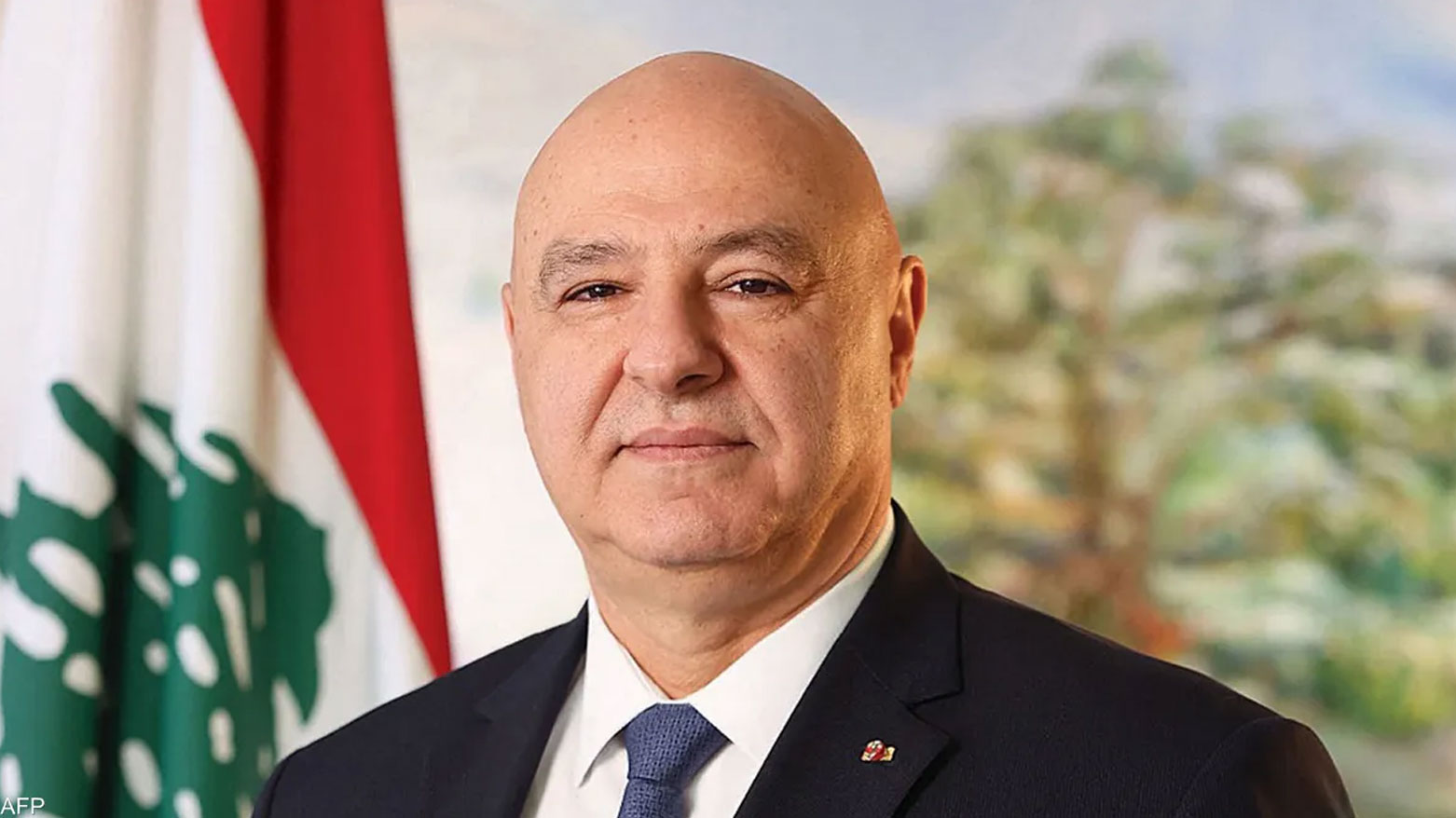Lebanese President: No Leniency in Combating Money Laundering or Terrorism Financing
Lebanese President Joseph Aoun affirmed there will be "no leniency" in combating money laundering and terrorism financing during a meeting with a US Treasury delegation, while also calling for international pressure on Israel to halt border violations.

ERBIL (Kurdistan24) — Lebanese President Joseph Aoun affirmed on Sunday that Lebanon remains fully committed to implementing international measures to combat money laundering and terrorism financing, stressing that there will be “no leniency” toward any financial crimes, regardless of their nature or source.
During a meeting at the Baabda Presidential Palace with a visiting delegation from the US Treasury Department, led by Sebastian Gorka, the Deputy Assistant to the US President for Counterterrorism Affairs, Aoun said Lebanon is actively enforcing a comprehensive framework of reforms and legal safeguards to ensure financial transparency and accountability.
“This commitment is reflected in a series of legislative and regulatory steps, including the amendment of the banking secrecy law, restructuring of the banking sector, and the new circulars issued by the Central Bank of Lebanon,” President Aoun stated.
He revealed that the government is finalizing a “financial gap” draft law, which aims to regulate Lebanon’s fiscal position and strengthen transparency across financial institutions.
Aoun emphasized that the Lebanese Armed Forces and security agencies continue to pursue terrorist networks and bring those involved to justice, a sustained effort he said contributes to maintaining internal stability nationwide.
The meeting also addressed ongoing discussions between Lebanon and the International Monetary Fund (IMF) aimed at securing economic support and revitalizing the country’s banking sector in line with global compliance standards.
The visiting US delegation reaffirmed Washington’s continued support for Lebanon’s security and stability, particularly in the country’s southern regions.
“The United States remains committed to strengthening the Lebanese Army and empowering legitimate security institutions to exercise full authority across Lebanon’s territory,” the delegation said, stressing the need to eliminate all non-state armed manifestations.
On the regional front, President Aoun called for international pressure on Israel to halt its ongoing violations of Lebanese sovereignty and to fully comply with UN Security Council Resolution 1701, which ended the 2006 war between Israel and Hezbollah.
He underlined the importance of extending the deployment of the Lebanese Army along the southern border and advancing efforts to ensure that all weapons remain under state control.
“The option of negotiation with Israel remains on the table,” Aoun said, emphasizing that “war has not achieved results” and that a peaceful path requires the creation of favorable conditions — starting with a cessation of hostilities and stabilization along the border.
He noted that this direction enjoys the support of the United States and other international partners.
The President’s remarks came amid heightened tension along Lebanon’s southern border, following a series of Israeli airstrikes and mutual accusations between Israel and Hezbollah.
According to Israel’s public broadcaster KAN, Tel Aviv has sent warning messages to the Lebanese Army, claiming that “time is running out” and that “no place will remain safe” if Hezbollah continues strengthening its military presence north of the Litani River and around Beirut.
Recent Israeli strikes targeted Hezbollah positions in Bint Jbeil and Lida, killing two people and injuring seven others, while destroying a bulldozer and a civilian vehicle, according to Lebanese media reports.
The Israeli military said the attacks targeted Lebanese individuals smuggling weapons for Hezbollah, calling them a “direct threat.” Hezbollah accused Israel of violating the ceasefire and rejected any political negotiations.
Lebanese Prime Minister Nawaf Salam reiterated that decisions of war and peace rest solely with the state, noting that the Lebanese Army has already begun implementing a plan to collect illegal weapons.
Army Commander General Joseph Aoun reaffirmed Lebanon’s commitment to the ceasefire, while Israeli Prime Minister Benjamin Netanyahu vowed not to allow Lebanon to become “a new front.” Israeli Defense Minister Israel Katz warned that the Israeli army would “intensify operations” in the south, cautioning Hezbollah against “playing with fire.”
Lebanon’s government faces simultaneous challenges — rebuilding its financial credibility under international scrutiny while preventing escalation along its volatile southern border.
President Aoun’s firm stance on financial integrity and anti-terror compliance comes at a time when Lebanon seeks to reassure both its domestic constituencies and international partners that it remains a responsible and sovereign actor, even amid deep political and economic uncertainty.